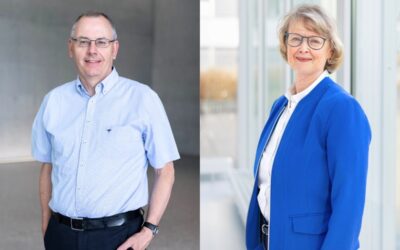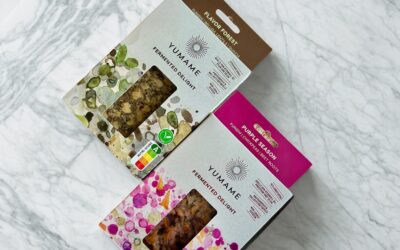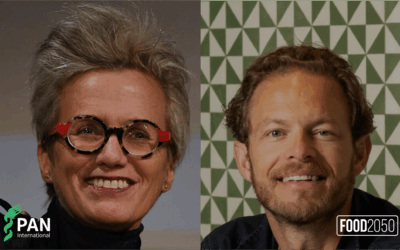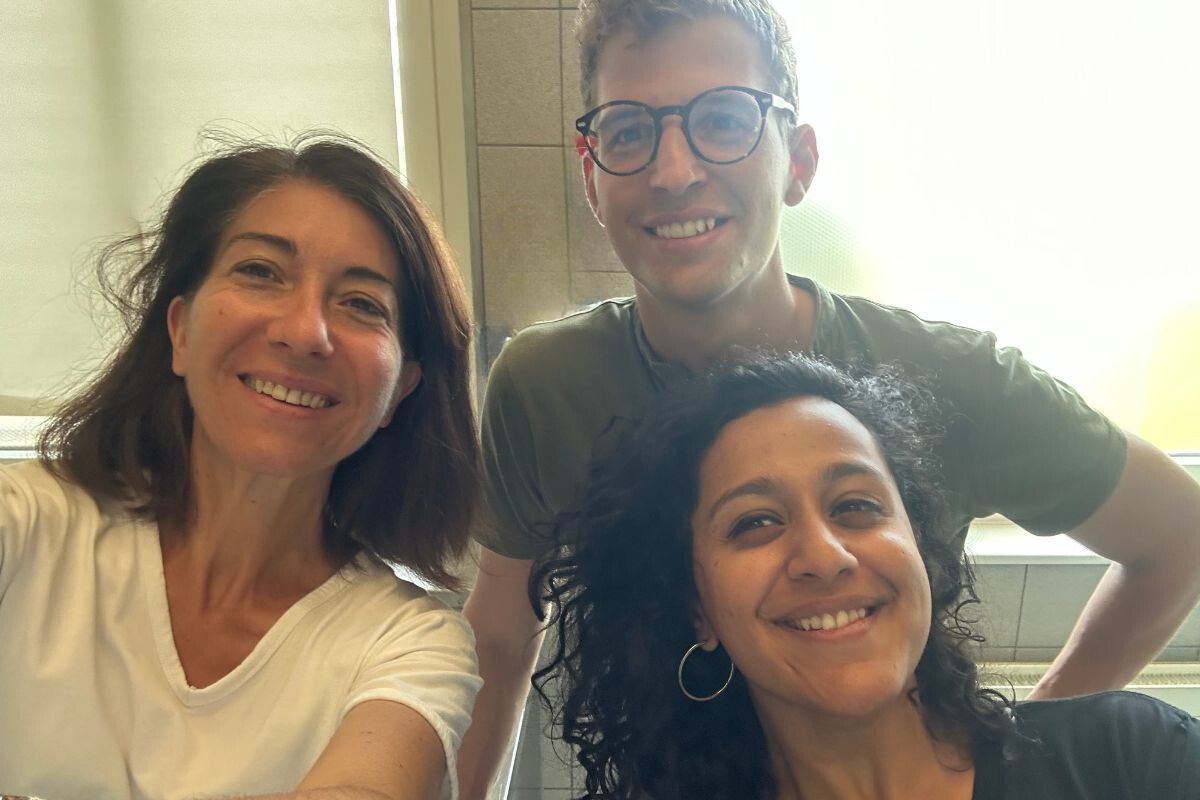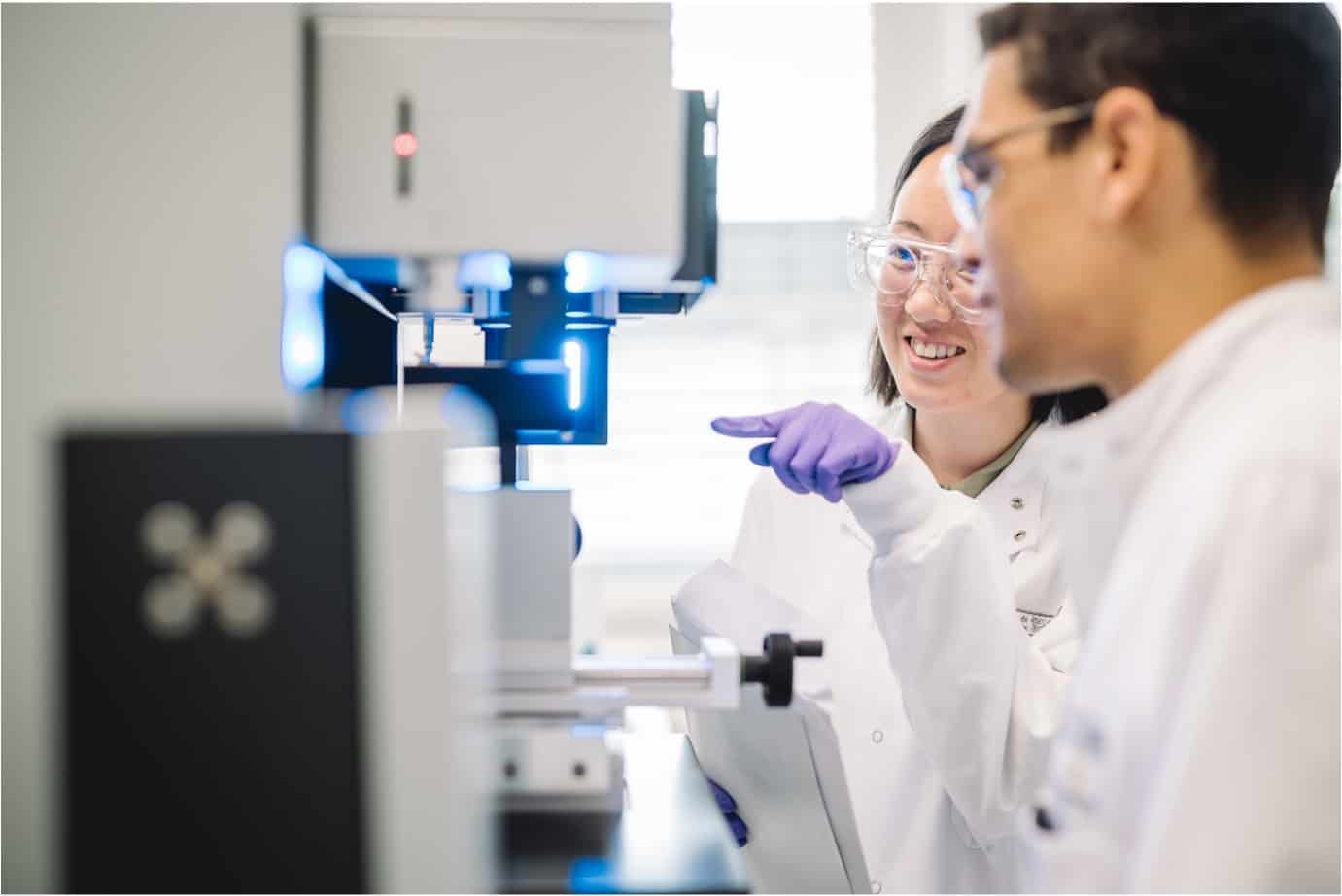Can food be healthy, tasty – and...
farmer connect® joins forces with Scantrust to drive product traceability and prevent counterfeit coffee
farmer connect® joins forces with Scantrust to drive product traceability and prevent counterfeit coffee
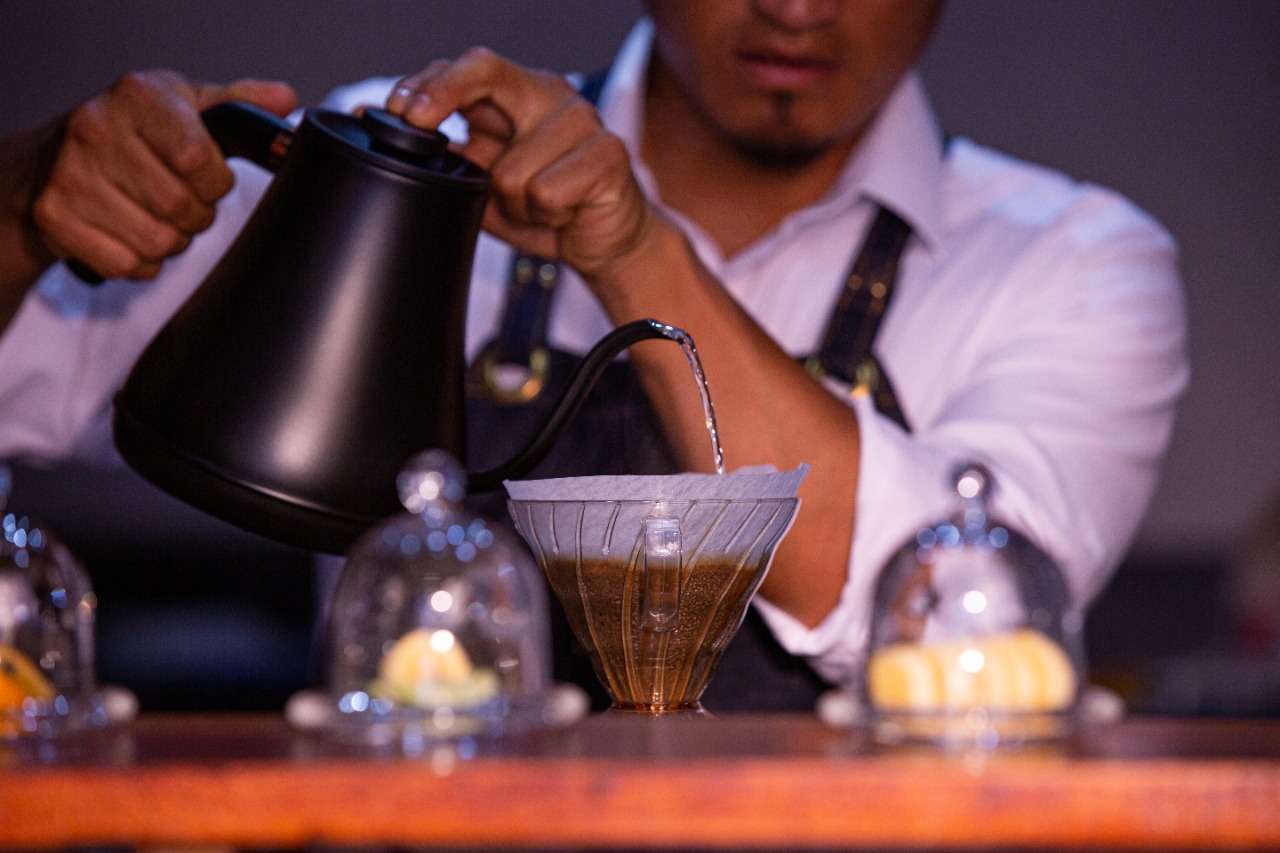
For our latest Co-create & Innovate case study, we chatted to Valley partners farmer connect® and Scantrust to find out how they combined their respective expertise in global supply chains and product traceability, to create an app that can trace the provenance of Galapagos coffee from supermarket shelves all the way back to the farmer – and fight food system fraud in the process.
The challenge
The Galapagos Islands, a province of Ecuador in the Pacific Ocean, represents a challenge for the region’s coffee farmers. The islands host a rich array of biodiversity, and benefit from protected status as a result. This also means that coffee producers must grow their coffee in accordance with specific environmental protection regulations. Only two of the thirteen islands are approved for agricultural production and these regulations, while welcomed, have led to an increase in counterfeit coffee that claims it is grown on the islands, but is not actually genuine.
The opportunity
Through their work with global community development based NGO Heifer international, the Galopogas based Cooperative Asociación de Producción Agropecuaria Santa Mónica de Galápagos (ASOSAMOGAL) spotted a key challenge to driving better incomes and livelihoods for the cooperative’s farmers. ASOSAMOGAL was already selling locally and trying to establish themselves as premium Galapagos coffee outside of local markets but with limited success, hampered by trust and even fraud within the Galapagos origin brand.
This is when the farmer connect® team recognised an opportunity: thanks to their understanding of supply chains, their mature transparency ecosystem and tooling they were able to ensure trust across the cooperative supply chain for their organic Ranti brand coffee. Taking things a step further and leveraging the Swiss ecosystem, they then teamed up with Scantrust, an anti-counterfeiting and product traceability solution provider, to deliver an innovative and non-replicable coffee-labelling program to give consumers full confidence of providence.
The solution
Using farmer connect’s ThankMyFarmer web app, anyone with a camera-equipped smartphone can scan the secure QR code that is found on every Ranti coffee package. This reveals the coffee’s provenance details and verifies the product authenticity of the Ranti coffee thanks to a copy-detection feature – something that has been made uniquely possible thanks to Scantrust’s secure QR codes.
Users of the app are also able to trace the origins of the Ranti coffee label through a visual product journey map and find out more about the producer that grew the raw goods. In this instance, Ranti coffee is traceable all the way to Mr Luis Cango, the coffee grower.
The results
Thanks to this unique solution, coffee sold under the Ranti brand can be verified for authenticity to minimise the potential for fraud by counterfeiters. The team has been able to position themselves locally as a provider of high quality commercial Galapagos coffee, develop their market share and sell their coffee at a higher price. Building on these successes, this year, they’ll be looking to consolidate this position as a specialty coffee brand.
A few words from the partners
Reflecting on the collaboration, Kristian Doolan, Head of Innovation and Partnerships at farmer connect® , said: “It’s amazing seeing what the potential of real collaboration can bring about! It proves that advanced technologies can come together and be complimentary, providing real impact and value for smallholder farmer groups.”
Peter Kostur, Anti-counterfeiting Solutions Expert at Scantrust, added: “We’re proud that our secure QR codes have earned the trust and privilege to protect coffee from Galapagos, one of the rarest coffee production areas in the world, from counterfeiting. Our system is securing connections between the farmers of Galapagos and the final consumers enjoying a truly special coffee product.”
About Farmer Connect
farmer connect® is a Swiss based tech company that enables the unlocking of benefits along global supply chains, connecting farmers to consumers, and everyone in between. It helps small holder farmers to connect digitally to the agriculture supply chain, and its blockchain technology ensures traceability and data validation by all parties.
About Scantrust
Scantrust is a Swiss-based anti-counterfeiting, product traceability and compliance solution provider that specialises in connecting and authenticating products via secure QR codes. Scantrust helps brands all over the world prevent counterfeiting, improve product and supply chain traceability, and create new channels for consumer engagement.
About Ranti
Ranti is fully organic and with every purchase, consumers are directly supporting the coffee growing family from San Cristobal Island, who are also the first growers on the island to start using the technologically innovative coffee-labeling program.
Never miss a Swiss food innovation morsel.
Latest News
Jerome Barra: “Can food be healthy, tasty – and sustainable?”
Bühler names two Fellows for advancing sustainability and technological innovation
Bühler has named Béatrice Conde-Petit,...
Yumame Foods x Agilery: Laying the foundations to make fermented foods the star of the plate
Valley partner Yumame Foods...
FOOD2050 teams up with PAN International to advance the Planetary Health Diet from science to the serving line
Valley partner FOOD2050 has partnered...

